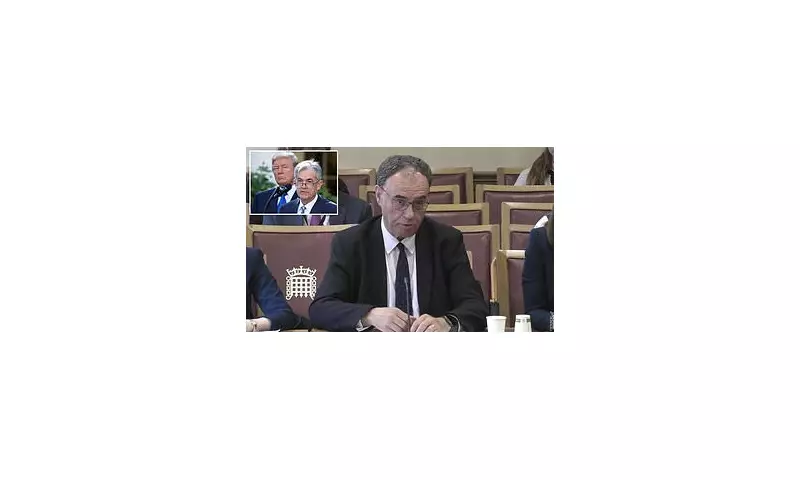
Bank of England Governor Andrew Bailey has raised alarming concerns about the potential threat Donald Trump poses to the independence of the US Federal Reserve should he secure victory in the upcoming presidential election.
In a remarkable intervention, Britain's most senior central banker warned that political interference in the Fed's operations could have severe consequences for the global financial system. Bailey emphasised the critical importance of maintaining the Federal Reserve's autonomy from political pressures.
Defending Central Bank Independence
Speaking with unprecedented candour, Governor Bailey stated: "The thing I worry about most is the independence of the central bank. The worst situation would be if politicians started to interfere in the politics of the central bank."
His comments come amid growing speculation about how a second Trump administration might approach monetary policy and whether the former president would attempt to influence interest rate decisions.
Historical Precedent for Concern
Bailey's apprehensions are rooted in Donald Trump's previous public criticisms of Federal Reserve Chair Jerome Powell during his first term. The former president repeatedly accused Powell of keeping interest rates too high and allegedly undermining economic growth.
The Bank of England chief stressed that central banks must remain free to make decisions based on economic fundamentals rather than political considerations. "We cannot have a world where interest rate decisions are made to suit short-term political objectives," Bailey asserted.
Global Implications
Any erosion of the Federal Reserve's independence could have far-reaching consequences beyond American borders. As the world's primary reserve currency, decisions made by the Fed directly impact global financial stability, exchange rates, and international trade.
Bailey's intervention highlights the deep concern among international financial leaders about the potential for political interference in one of the world's most important financial institutions.
The Bank of England itself maintains operational independence regarding interest rate decisions, though its mandate is set by the UK government. This arrangement mirrors that of the Federal Reserve and other major central banks.





